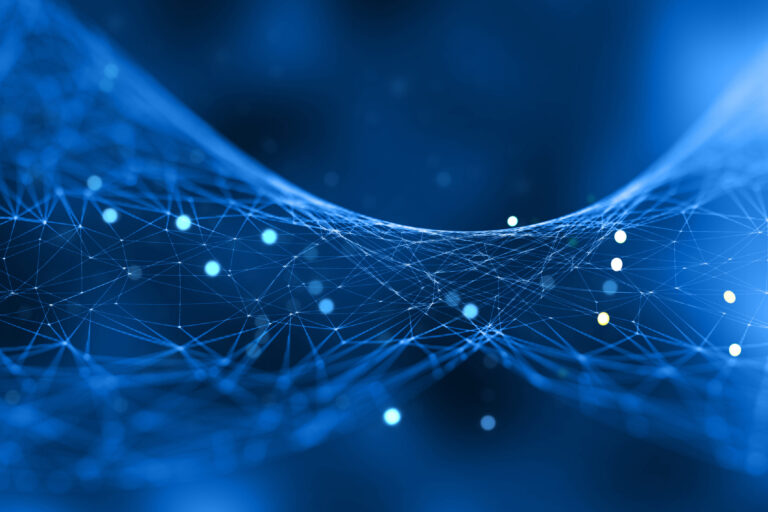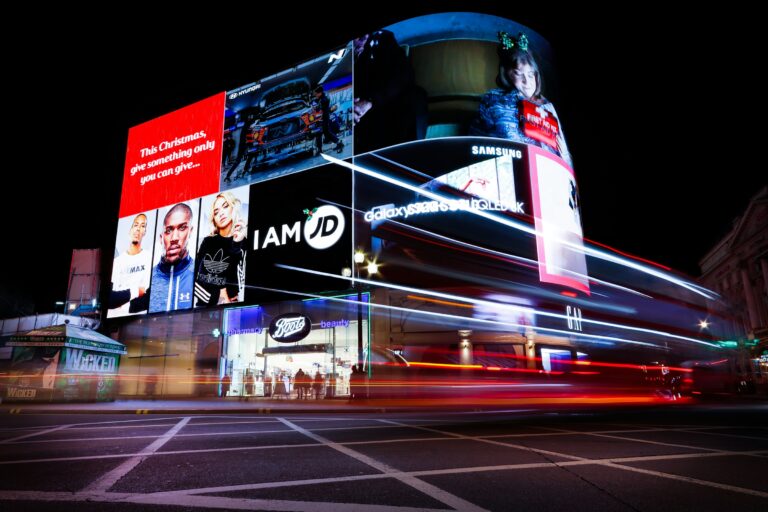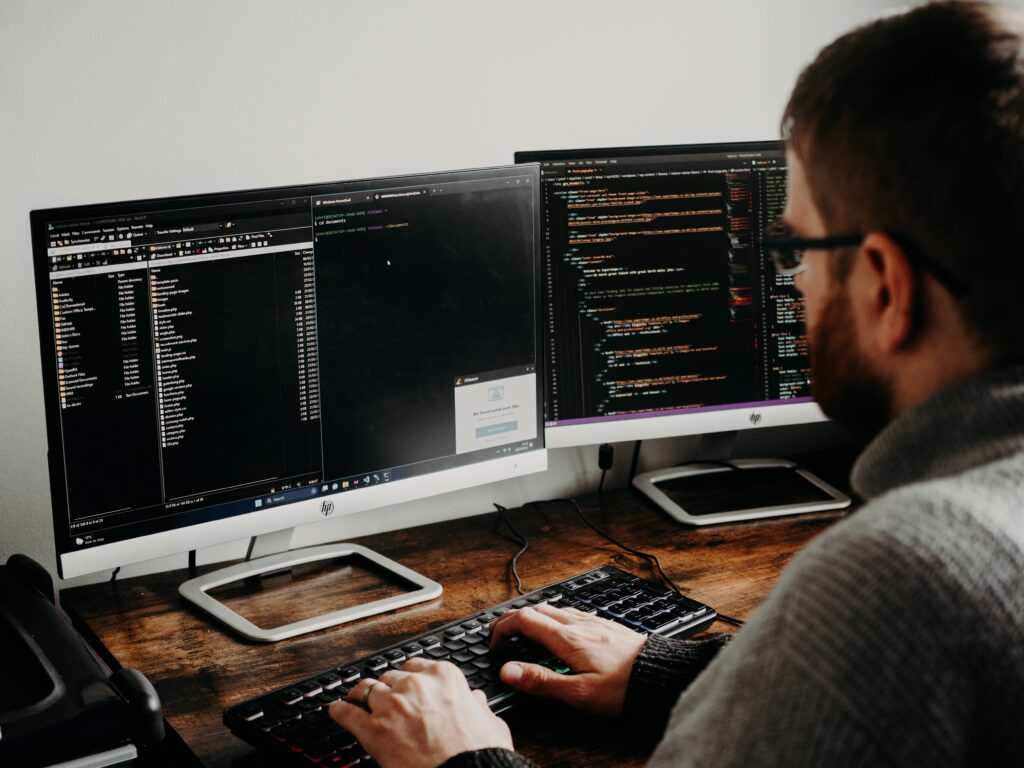
Hybrid organizations – where human talent, digital technologies, and AI collaborate at every level – are rapidly emerging as the next frontier of business. For companies that have undergone their digital transformation and developed entrepreneurial spirit, integrating AI is the natural next step. As a disruptive force, AI enhances agility, adaptability, multi-channel integration, and performance – bridging traditional models with advanced digital capabilities.
More than a tech upgrade or conventional transformation, this shift demands bolder leadership, faster skill development, and reimagined organizational design. Human experience, sound judgment, and strong leadership remain essential to navigating and succeeding in this hybrid model.
Leadership and communication in a human + AI + digital world
Leaders in hybrid organizations no longer manage just teams of people—they also coordinate with AI agents capable of deep reporting, personalized advisory, and even autonomous decision-making.
Communication flows downward from AI agents through proactive suggestions and data-driven solutions – often delivered without prompting.
Meanwhile, upward communication involves individuals engaging AI for innovative ideas or real-time analysis.
This ongoing exchange enhances decision-making, accelerates responsiveness to market changes, and fuels creative output. These agents operate within defined parameters, amplifying human capabilities and transforming the nature of daily work.
The rise of hybrid reporting structures
AI entities are becoming embedded in organizational charts, complete with formal roles, responsibilities, and accountability.
A single individual may be supported by multiple specialized AI agents – each focused on data analytics, scheduling, compliance, risk assessments, or budget allocations.
In some roles, people may even be led by AI systems—especially in technical and operational fields like:
- Software development (where maintainability and performance are key)
- Supply chain (focused on efficiency and resilience)
- Financial management (aimed at profitability and risk mitigation)
Conversely, AI agents will “report” to human leaders when strategic direction or nuanced judgment and empathy are required.
This duality signals the emergence of hybrid reporting chains, set to reshape daily operations and organizational structures.
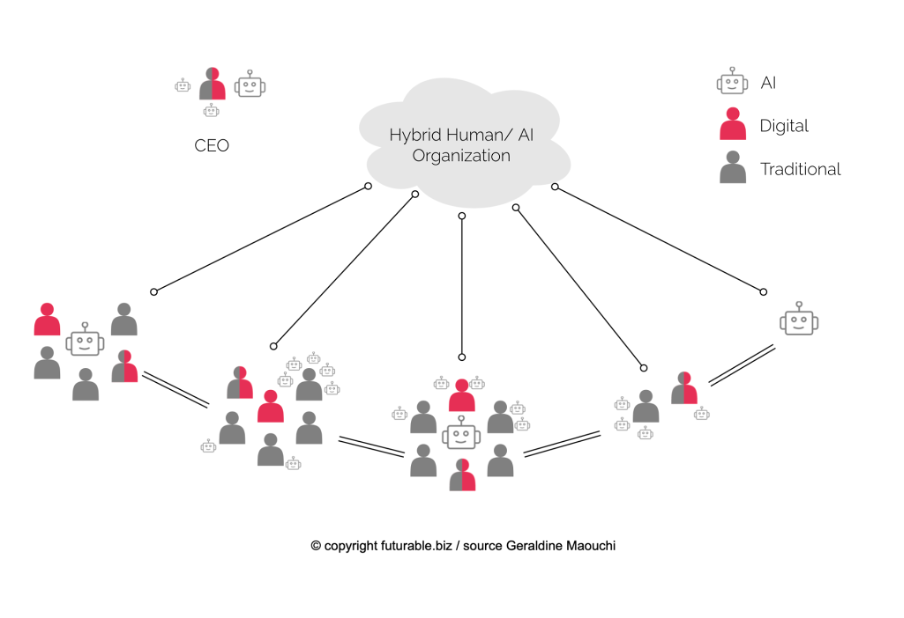
Performance review and coaching reinvented by AI
In hybrid organizations, performance management is driven by continuous data analysis – not periodic appraisals.
AI monitors work patterns, tracks key metrics, and provides real-time feedback to highlight issues before they escalate.
Managers can then deliver targeted guidance and intervene proactively.
AI-powered coaching may include personalized micro-trainings or scenario-based simulations, helping employees address specific gaps.
The result is a dynamic, always-on feedback loop that enhances individual and team performance.
A new era of skills and mutual teaching
Beyond coaching, hybrid organizations thrive on skill-sharing and mutual learning.
AI systems offer personalized training modules tailored to each employee’s pace and style, while humans teach AI new tasks, ethical considerations, and domain-specific knowledge.
Advanced systems—such as large language models and next-gen robotics – learn iteratively, much like children, through experimentation, correction, and guided practice.
This co-learning ecosystem gives rise to new roles, including: AI tutors, Data ethicists, Digital skill translators
Together, they ensure both humans and AI evolve in sync.
Conclusion
Embracing a hybrid future isn’t about humans versus machines – it’s about designing organizations where each amplifies the other’s strengths. AI empowers human tasks and creativity by enriching insights, enabling more relevant decision-making and enhanced execution. In turn, humans guide and strengthen AI through ethical oversight, contextual understanding, and continuous learning.
Companies that foster seamless collaboration between people and AI will unlock unparalleled agility, innovation, and resilience. Even organizations that haven’t started yet can still embark on their AI transformation journey in parallel with upskilling efforts and ongoing digital initiatives.
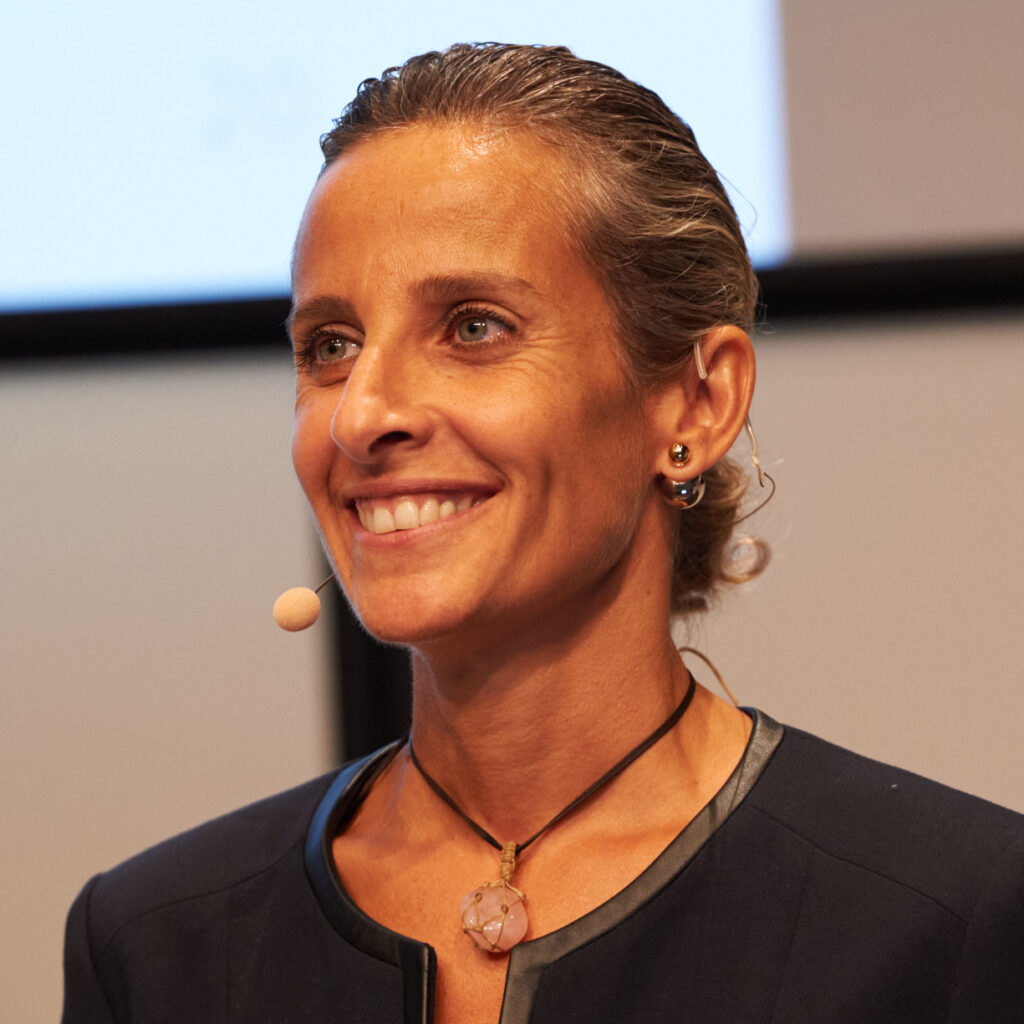
Géraldine Maouchi
Futurable expert in Business Transformation and Direct to Consumer, Conference Speaker and Entrepreneur. Geraldine worked in various industries including hightech, telecom, luxury, healthcare, beauty, hospitality, music, retail, eCommerce and e-Business across Europe, USA, ME and Brazil. She served as group chief digital officer and executive committee member. Geraldine developed methodologies to support the founding of agile and “hybrid” organizations ready to face changing environment (tech, AI, ecology, health, social…) and evolve with consumers, employees and partners’ needs.

Lorenzo Mandelli
Futurable expert in Technology-to-Market and Business Expansion. Lorenzo helps companies unlock growth at the intersection of technology, product, and marketing. With a background spanning engineering, sales, and executive leadership across Europe and Asia, Lorenzo works with organizations to accelerate digital and AI-enabled transformation while fostering agile, human-centered cultures.
Past publications
FORBES – 2024: Seven Pillars To Put Healthcare Consumers At The Heart Of The Digital Transformation (collaboration with HEC Business School)
FORBES – 2023: Building A Truly ‘Hybrid’ Organization For Both Traditional And Digital Companies In The ‘New Normal’ (collaboration with HEC Business School)
THE ECONOMIST Impact – 2020: Will the New Normal see the Advent of Novel Leadership and Hybrid Organisations?
NODE (UK) – 2019: Keeping Up with Digital Transformation : 4 Steps Towards The Hybrid Organisation(collaboration with HEC Business School)
COMMUNICATE (ME) – 2014: Digital, a business transformation serving a global 360 vision
BETANEWS (USA) – 2013: Digital: transforms modern businesses and delivers a global 360 degree vision
